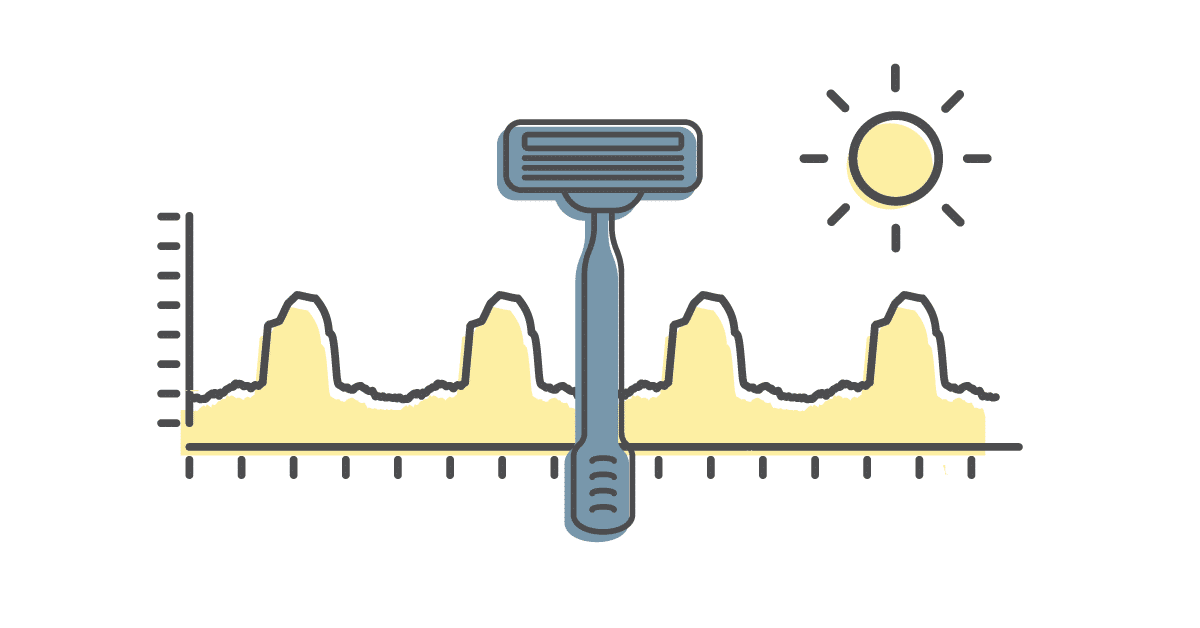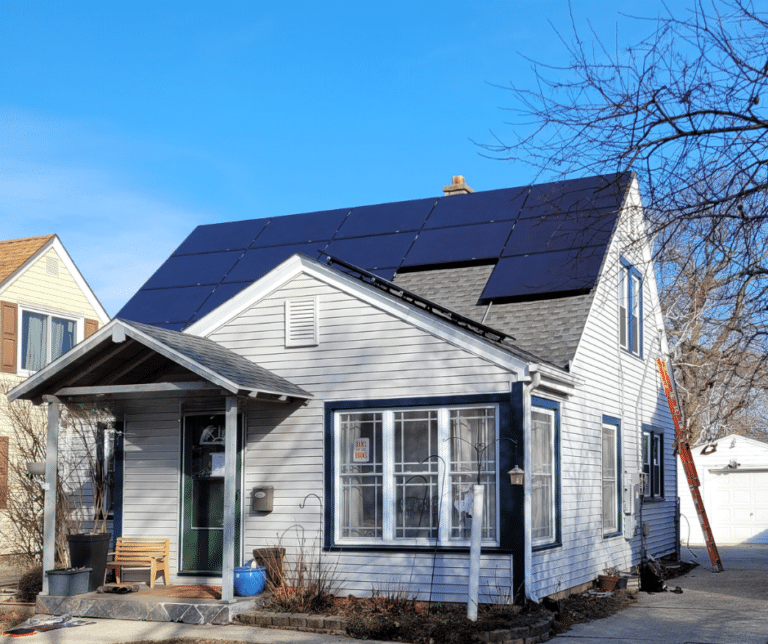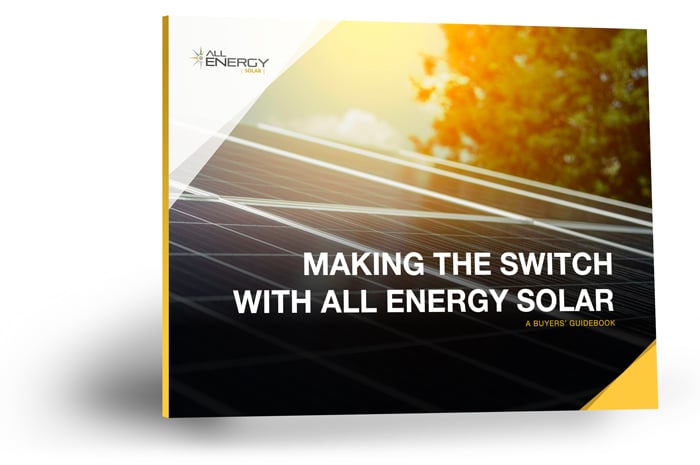Solar energy is becoming more and more popular, and along with it there is a growing number of solar photovoltaic (PV) system owners that have added battery backup systems to capture and store their excess energy production for later distribution. In most cases, these systems are being used as a safeguard to ensure a home or business has power during unforeseen power outages. Still, some system owners now use those systems more strategically. This blog post looks at two ways energy storage systems can help you maximize your solar PV system investment.

Peak shaving
Demand charge tariffs can make up a significant portion of the monthly utility bill for many businesses, manufacturers, or large institutions like schools or churches with high energy demands. According to a report from the National Renewable Energy Laboratory (NREL), demand charges often account for 30% to 70% of a customer’s utility bill.
Why do peaks matter so much?
In many states and across the globe, utility prices for large-scale users are set based on a business or organization’s maximum peak load to offset the high demands placed on the electrical grid during these times. In order to avoid spikes in their billing, many businesses and organizations have implemented a strategy known as peak shaving. Peak shaving proactively stores energy produced during off-peak times and then activates that stored energy to level out short-term demand spikes in the electricity used by a business or organization.
Self-power mode
What is self-power mode? For many people, solar serves as a supplement source of power but using a self-power mode strategy, your solar photovoltaic and energy storage system serves as your main source of power, and the grid acts as a supplemental source of power. This approach typically results in a shift in consumer behavior over time as property owners begin to understand how and when they use energy and adjust some behaviors, helping to lower their power needs to fit their capacity better.
To learn more about the benefits of adding a battery backup to your solar photovoltaic system, contact an All Energy Solar representative.



